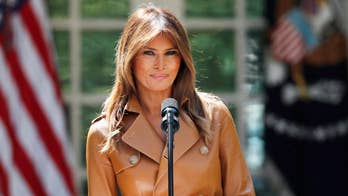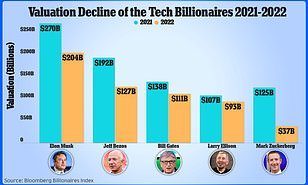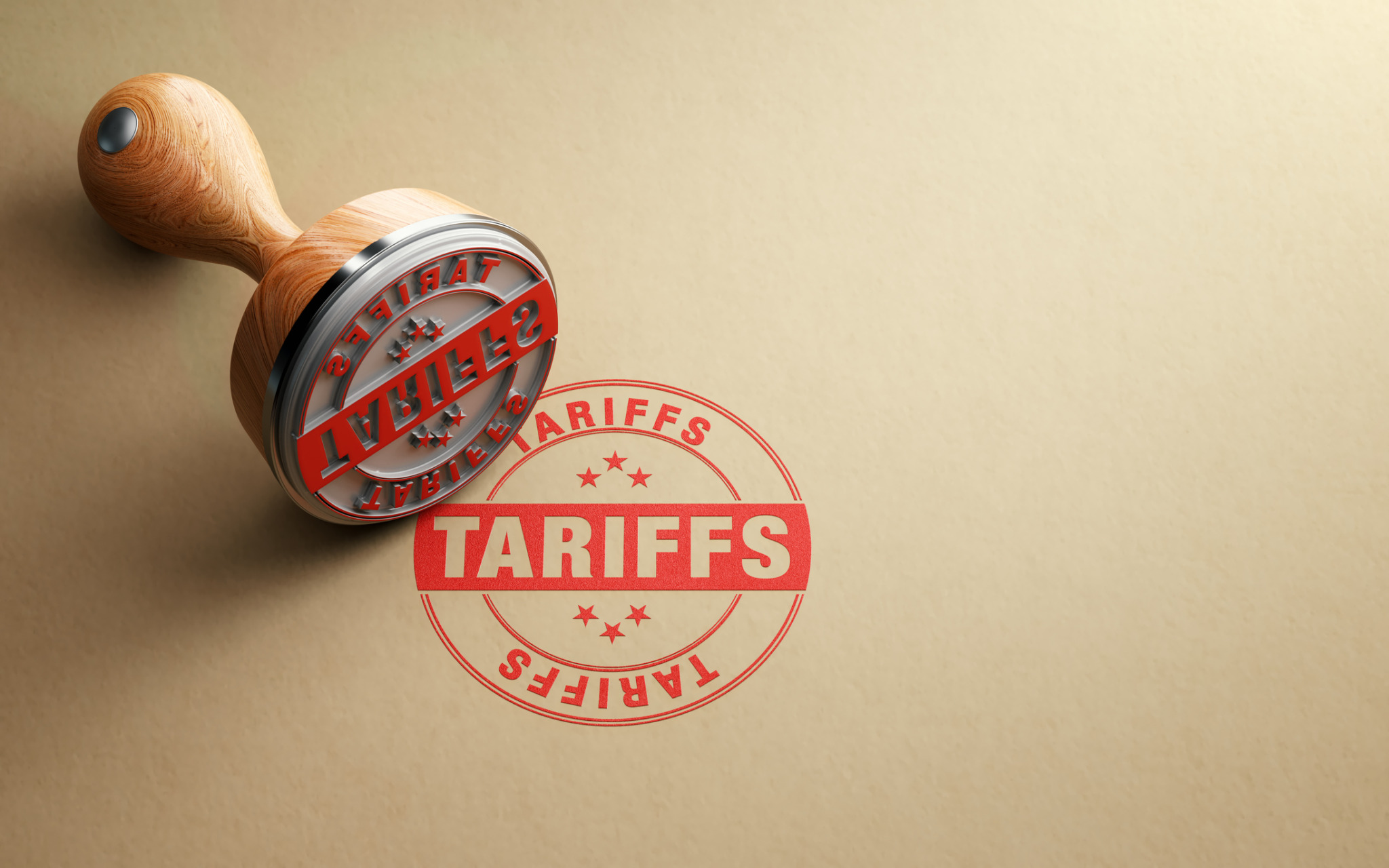Tarlov Vs. Pirro: Heated Debate On US-Canada Trade Conflict

Table of Contents
Tarlov's Perspective on the US-Canada Trade Conflict
Tarlov's Core Arguments Against Current Trade Policies
Tarlov vehemently criticizes the current US trade policies towards Canada, arguing they are detrimental to both economies. His core arguments include:
- Excessive Tariffs: Tarlov points to the significant increase in tariffs on certain Canadian goods as a major impediment to free trade, stifling economic growth.
- Protectionist Measures: He argues that protectionist measures, such as quotas and subsidies, distort the market and ultimately harm both consumers and businesses.
- Lack of Transparency: Tarlov criticizes the lack of transparency in the negotiation process, arguing it undermines trust and cooperation between the two nations.
He supports his claims with data from various reports indicating a decline in bilateral trade volume since the implementation of these policies. For example, a recent report by the Canadian Chamber of Commerce showed a [Insert Statistic] % decrease in exports to the US following the imposition of [Specific Tariff]. Tarlov proposes a return to more predictable and transparent trade agreements, emphasizing the mutual benefits of a robust and collaborative economic relationship.
Economic Consequences of the Conflict According to Tarlov
Tarlov predicts dire economic consequences if the current trade conflict persists:
- Reduced Economic Growth: He forecasts a significant slowdown in economic growth for both countries due to reduced trade volume and investment.
- Job Losses: Tarlov anticipates job losses in sectors heavily reliant on US-Canada trade, leading to social and economic instability.
- Increased Prices for Consumers: Tarlov argues that tariffs and trade barriers will lead to higher prices for consumers in both countries.
His projections are supported by econometric models showing a [Insert Statistic]% decrease in GDP growth under the current scenario. He concludes that a sustained trade conflict will have far-reaching and negative impacts for years to come.
Pirro's Counterarguments to the US-Canada Trade Conflict
Pirro's Justification for Current Trade Policies
Pirro, in contrast to Tarlov, defends the current US trade policies, arguing they are necessary to protect specific American industries and jobs. His justification includes:
- Protecting Domestic Industries: Pirro emphasizes the need to safeguard vulnerable sectors from unfair competition, suggesting that some Canadian practices warrant retaliatory measures.
- Negotiating Leverage: He posits that the current trade policies provide leverage for renegotiating trade agreements to achieve more favorable terms for the US.
- Addressing Trade Imbalances: Pirro suggests the policies aim to address perceived trade imbalances between the two nations.
He cites statistics showing [Insert Statistic] in specific sectors that allegedly benefit from the current policies, though the veracity of these claims remains a subject of debate. His arguments often emphasize national security concerns alongside economic considerations.
Economic Analysis from Pirro's Perspective
Pirro's economic analysis paints a more optimistic picture, suggesting that:
- Short-term Pain, Long-term Gain: He argues that the short-term economic disruption caused by the trade conflict will be offset by long-term benefits resulting from more favorable trade agreements.
- Re-shoring of Industries: Pirro believes the policies will incentivize companies to re-shore production back to the US, boosting domestic job creation.
- Strengthened Manufacturing Sector: He projects a strengthening of the US manufacturing sector due to increased protectionist measures.
He supports these claims with projections showing [Insert Statistic] that justify his long-term economic vision. However, the methodology and assumptions underpinning his projections have been contested by other economists.
Key Areas of Disagreement Between Tarlov and Pirro
Specific Policy Disagreements
Tarlov and Pirro hold fundamentally opposing views on several key policy areas:
- Tariffs: Tarlov advocates for lower tariffs, while Pirro supports their strategic use as a negotiating tool.
- Quotas: Tarlov opposes quotas as artificial constraints on trade, while Pirro sees them as necessary to protect specific industries.
- Industry Regulations: They disagree on the extent to which industry regulations should be harmonized or remain distinct between the two countries.
The core difference lies in their fundamental approaches: Tarlov champions free trade principles, while Pirro prioritizes a more protectionist stance.
Differing Economic Predictions and Long-Term Consequences
The most significant area of disagreement lies in their economic predictions. Tarlov forecasts a prolonged period of economic stagnation, while Pirro anticipates a period of adjustment followed by robust economic growth. The divergence stems from different assumptions regarding the elasticity of demand, the responsiveness of industries to trade policies, and the potential for substitution of goods. The long-term consequences of each perspective are significant, influencing policy decisions and economic planning for years to come.
Impact on the Broader North American Economy
Ripple Effects on Other Sectors and Industries
The US-Canada trade conflict extends far beyond the immediately affected sectors. Ripple effects are felt throughout the North American economy, affecting industries dependent on the smooth flow of goods and services between the two countries. Supply chains are disrupted, investment is hampered, and economic uncertainty rises.
International Implications and Reactions
The conflict also has significant international implications. Other countries observe the dispute closely, potentially adjusting their own trade policies in response. International organizations, such as the WTO, play a crucial role in mediating the conflict and promoting a rules-based trading system. The outcome of this dispute will influence the global trading landscape, impacting international relations and multilateral trade agreements.
Conclusion: Resolving the US-Canada Trade Conflict
Tarlov and Pirro offer starkly contrasting perspectives on the US-Canada trade conflict. Tarlov warns of significant economic damage resulting from protectionist measures, while Pirro believes strategic trade policies can benefit the US economy in the long run. The debate highlights the complexities of managing bilateral trade relationships, balancing national interests with the need for global economic cooperation.
A balanced approach is crucial. While addressing legitimate concerns about specific industries, policymakers must also consider the overall economic well-being of both nations. Finding a path towards sustainable and mutually beneficial trade relations requires open dialogue, compromise, and a commitment to fostering a robust and predictable trading environment. Understanding the nuances of the US-Canada trade conflict, as presented by experts like Tarlov and Pirro, is crucial for informed civic engagement. Continue your research and contribute to the dialogue.

Featured Posts
-
 Massive Fentanyl Bust Bondi Announces Largest Seizure In Us History
May 10, 2025
Massive Fentanyl Bust Bondi Announces Largest Seizure In Us History
May 10, 2025 -
 How Much Wealth Did Musk Bezos And Zuckerberg Lose After Trumps Inauguration
May 10, 2025
How Much Wealth Did Musk Bezos And Zuckerberg Lose After Trumps Inauguration
May 10, 2025 -
 The Countrys Hottest New Business Locations A Geographic Analysis
May 10, 2025
The Countrys Hottest New Business Locations A Geographic Analysis
May 10, 2025 -
 Potential Tariffs On Aircraft And Engines Trumps Latest Trade Move
May 10, 2025
Potential Tariffs On Aircraft And Engines Trumps Latest Trade Move
May 10, 2025 -
 Nyt Strands Today April 12 2025 Clues Theme Hints And Pangram
May 10, 2025
Nyt Strands Today April 12 2025 Clues Theme Hints And Pangram
May 10, 2025
